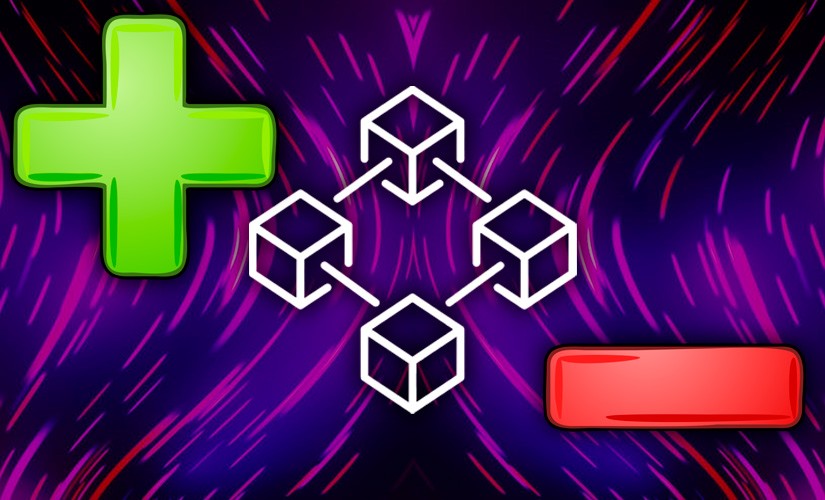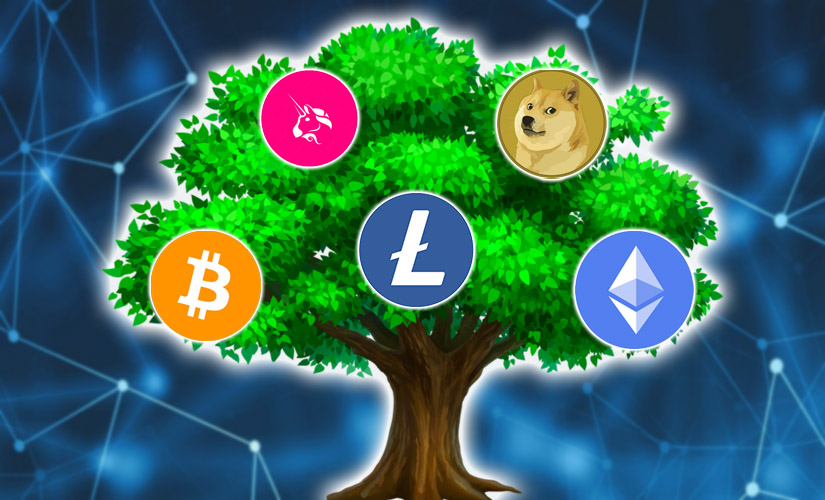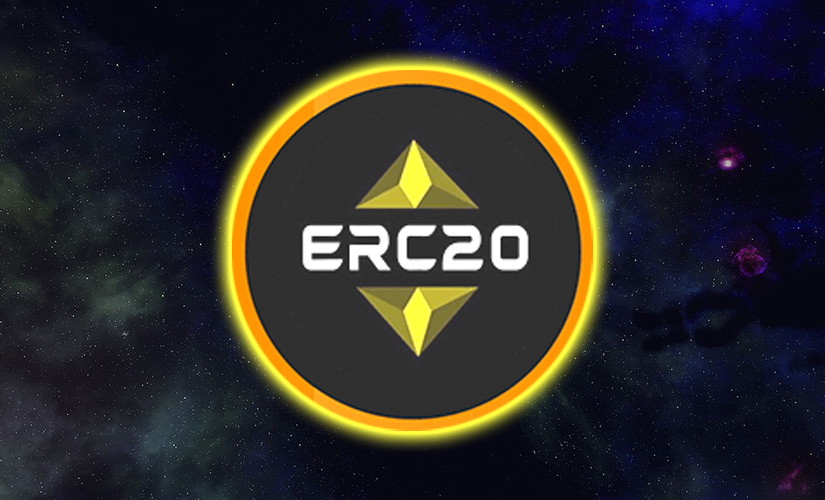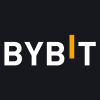Initially, in 2009, cryptocurrencies found application in digital assets. Satoshi Nakamoto created Bitcoin based on blockchain. Since then, the technology has evolved and become very popular. At the beginning of 2023, developers are using it in various spheres. The first blockchain-based voting systems for political elections have already been implemented. Such developments are useful and beneficial to the states.
The need for blockchain in the electoral system
In ancient times, political elections were often held by a narrow circle of authorized persons under the government. In early 2023, large states have tens of millions of citizens. By this time, the election of new rulers and leaders has become a complex process.
The traditional electoral system with paper ballots has its drawbacks:
- Technical – occasional deliberate errors in counting the result, the stuffing of fake ballots into ballot boxes by dishonest politicians, the use of disappearing ink at polling stations, and others.
- Social – bribery or administrative pressure on voters.
- Economic – high costs of referendums. In 2021, 21.4 billion rubles from the state budget was spent on the election of deputies to the Russian State Duma.
Electronic voting systems can solve these problems. In early 2023, they are used by many countries – for example, Australia, France, Estonia and Norway. But electronic voting systems are also not without disadvantages:
- Low security.
- Difficult verification of results.
- Incorrect operation due to possible program errors.
In 2023, electronic voting is not used everywhere. There are examples of countries in which the use of the methodology was limited after a failed experience. States simply reverted to a paper ballot election system. Among such countries:
5020 $
bónusz az új felhasználóknak!
A ByBit kényelmes és biztonságos feltételeket biztosít a kriptopénz kereskedéshez, alacsony jutalékokat, magas szintű likviditást és modern eszközöket kínál a piacelemzéshez. Támogatja az azonnali és a tőkeáttételes kereskedést, és intuitív felülettel és oktatóanyagokkal segíti a kezdőket és a profi kereskedőket.
Keress 100 $ bónuszt
új felhasználóknak!
A legnagyobb kriptotőzsde, ahol gyorsan és biztonságosan elindulhat a kriptovaluták világában. A platform több száz népszerű eszközt, alacsony jutalékokat és fejlett eszközöket kínál a kereskedéshez és befektetéshez. Az egyszerű regisztráció, a tranzakciók nagy sebessége és a pénzeszközök megbízható védelme teszi a Binance-t nagyszerű választássá bármilyen szintű kereskedők számára!
- Netherlands.
- United Kingdom.
- Germany and others.
The disadvantages of traditional and electronic election systems need to be solved. Voting on blockchain will eliminate the existing disadvantages. It will be more reliable and cheaper.
Efficiency of the technology
Blockchain wins against the disadvantages of traditional voting systems, which are used by most countries in early 2023. The advantages of decentralized elections are presented in the table.
| Advantage | Leírás |
|---|---|
| Immutability of results | Information within the blockchain cannot be tampered with. Dishonest politicians will not be able to falsify the results. |
| Transparency of the process | Every interested party can use the blockchain to monitor the election process. All it takes is to run a node within the chain, which will give access to a copy of the information. |
| Anonimitás | Cryptographic encryption of data keeps the identity of each voter confidential. Unauthorized access to information is excluded. |
| High speed of vote processing | The total computing power of the nodes (nodes) in the network, rather than government-installed servers, matters in calculating results |
How a blockchain-based voting system works
Digital blockchain technology is based on a transactional model. Blockchains often use cryptocurrencies – virtual coins and tokenek. Their transfer is called a transaction. Information about the transfers is sequentially recorded in database (DB) cells – blocks of the cryptographic chain. Each transaction is assigned an encrypted identifier – a hash. It also contains information about the previous transaction. This structure makes changes to the cryptographic chain impossible.
Voting on the blockchain will be a good replacement for the ancient technology with paper ballots. It will be possible to elect a candidate by transferring a digital token to their wallet. This process is easier and faster than filling out a ballot. Nodes connected to the blockchain system will automatically process the transfer and store the voter’s vote information in a decentralized network. This will reduce transaction costs and increase election accessibility.
Voters will not need to leave their homes to vote through the distributed registry. They will be able to do so using a computer or smartphone.
Voting process
It will be possible to elect a candidate by transferring unique tokens to their wallet. The transaction will be processed and recorded by the connected nodes. After saving the information about the cryptocurrency transfer, the user’s choice will be registered.
The voting algorithm has this sequence of actions:
- The user creates a wallet in the system. Through his device, the network participant generates a key pair from the cryptographic storage. The encrypted wallet is then stored in the blockchain. Since the system is transparent, other participants will be able to view information about the vault, but only the owner will have access to it.
- The user finds the vote in the general list. After confirming his consent to participate in the election, he receives unique tokens. This cryptocurrency can be spent only within the current vote.
- The user makes a choice of a candidate by sending a token to his virtual wallet. The addresses of the candidates’ vaults will be made publicly available.
- The system nodes check the validity (validity) of the transaction. If there is no error in the transfer of cryptocurrency, the nodes include information about the transaction in the blockchain.
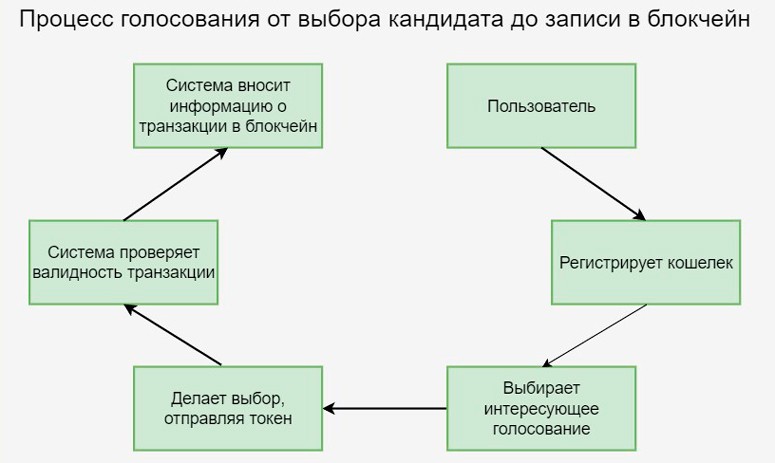
Once a choice is officially registered, the transaction data cannot be changed.
By deploying a node within the digital network, the results of the vote can be verified. The results are published after the end of the political referendum.
What is needed to create an ideal voting system on blockchain
A reference decentralized network for elections must comply with the basic principles of distributed ledger technology:
- Transparency. It is necessary to make it possible for participants to track results. Lack of transparency will give dishonest politicians the opportunity to discreetly rig the results.
- Decentralization. Vote processing should take place in a distributed manner. Lack of decentralization will increase the risks of network hacking.
- Biztonság. The network should guarantee the authenticity and reliability of the information stored. The ability to change the results will make blockchain voting meaningless.
- Anonimitás. Each person should be able to vote only 1 time. The optimal option is to identify participants by passport. To preserve the anonymity of voters, reliable cryptographic methods of encrypting information will be required.
Practical application of the technology
Russia is already using a decentralized register for elections. For example, the technology was used in the Moscow and Nizhny Novgorod regions during the referendum for amendments to the Russian Constitution. From June 25 to June 30, 2020, voters from these regions voted online through a cryptographic chain. It was created by the Department of Information Technologies (DIT) with the support of Kaspersky Lab. Residents of the regions were able to vote for amendments in a transparent and decentralized manner.
Before the start of the referendum, DIT assured voters that the information entered in the digital ballots cannot be changed. The data is stored anonymously and securely encrypted. 2 cryptographic keys were created for citizens who made a choice:
- The first was sent to the voter.
- The second was divided into parts and stored by a few random participants until the end of the blockchain voting.
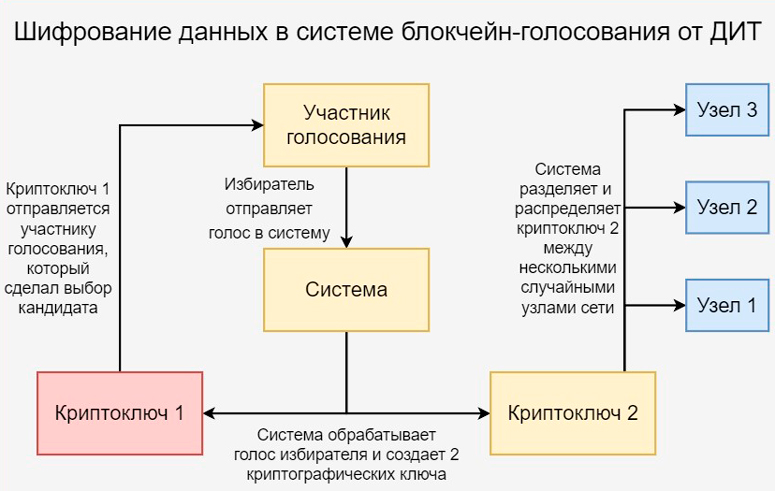
In the distributed ledger, electronic ballots existed only in the user’s session. When a voter closed their browser, their private cryptographic key was destroyed by the network. This approach ensured the anonymity of the election.
Between September 17 and September 19, 2021, Muscovites again had the opportunity to vote via a distributed register. Then political elections of new deputies of the State Duma of the Federal Assembly of the Russian Federation of the 8th convocation were held. Practice has shown that Russian citizens have a good understanding of the principle of digital voting.
Advantages and disadvantages of conducting elections on the blockchain
Voting through a distributed database has its pros and cons. They are presented in the table below.
| Előnyök | Hátrányok |
|---|---|
| Convenience. Users get the opportunity to vote online even outside the country. | Security. The technology is highly reliable. However, cryptocurrency keys can be compromised if they end up in the hands of attackers. |
| Reliability. The information stored in the blockchain always remains unchanged. | Difficulty of implementation. It will take a lot of time and money for all Russian citizens to switch to blockchain voting. |
| Growth in the number of voters. In the long term, a decentralized digital database will increase interest in political elections among young people. | Application problems. It is difficult for the older generation to understand the technology. |
| Security. The cryptographic chain cannot be hacked. | Costs. A lot of money will have to be invested in developing the first full-scale distributed blockchain voting system. |
| Minimal errors. Peer-to-peer nodes ensure the accuracy of election results. | – |
| Savings in the long run. You only need to develop the cryptographic chain for blockchain voting once. The registry can be reused later, saving the government budget. | – |
| Verification. The distributed database has transparency. Stakeholders (authorities or voters) will be able to easily check the validity of the results. | – |
Prospects for the use of the technology
In the future, blockchain will surely be used for online political voting by many countries. This technology is better than traditional election systems with paper ballots. Blockchain ensures:
- Integrity of elections.
- Security of information.
- Reliability of the network.
- High speed of results processing.
- Convenience for users.
In the long term, blockchain-based electronic voting system will be ideal. However, the authorities of countries have a long way to go to reach this goal. It will only be possible to create a perfect system through experience.
Összefoglaló
Blockchain was initially used in virtual assets like Bitcoin and Ethereum. Later, the technology began to be applied in other areas – healthcare, education.
In early 2023, the first blockchain voting networks have already been developed to ensure fair political elections.
Traditional and classic electronic voting systems have a number of disadvantages:
- Low security.
- Difficult verification of results.
- High cost.
- Low processing speed and other disadvantages.
Blockchain voting is more efficient than entrenched election systems. Some of the advantages of decentralized elections include:
- Non-falsifiability of results.
- Transparency of the process.
- Anonimitás.
- High speed of results processing.
Gyakran ismételt kérdések
📊 What role does cryptocurrency play in blockchain networks for elections?
Digital assets are a supporting tool for running a distributed database and organizing fair referendums.
❓ Is cryptocurrency required in a blockchain-assisted election process?
Token is an optional condition. It is possible to develop a decentralized network without cryptocurrency.
❕ Why does blockchain require hashing?
Cryptography provides anonymity, transparency and security to the network. Without hashing, the chain would be easy to hack.
✅ Are errors possible when counting votes through a blockchain network?
Theoretically, there could be inaccuracies. However, then the nodes on the chain will automatically start double-checking the results and recalculate.
❔ In what year will Russia start using blockchain voting en masse?
The introduction of technology is a costly process. It will take the government a long time to implement it – possibly decades.
Rosszul írt szöveg? Jelölje ki az egérrel, és nyomja meg a Ctrl + Lépjen be.
Szerző: Saifedean Ammous, a kriptovaluta közgazdaságtan szakértője.



